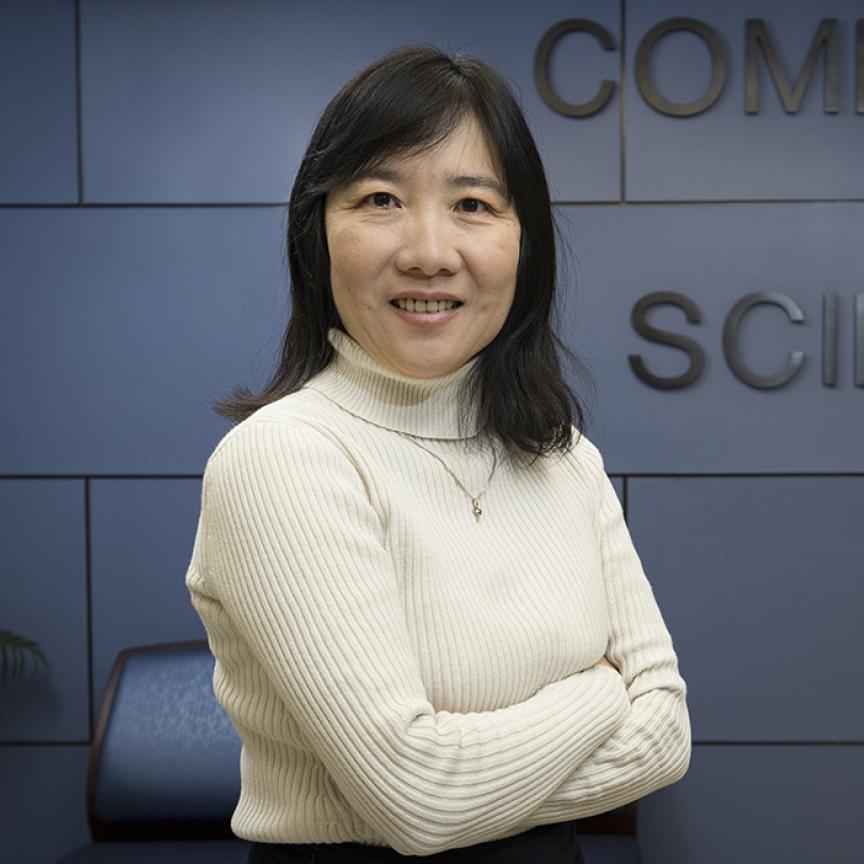Boston, a provider of high-performance technology since 1992, is partnering with Supermicro and Intel at The AI Summit – at Tobacco Dock on the 15th and 16th of June, as part of London Tech Week – to show businesses how to leverage AI through intelligent application.
AI has the power to transform every industry and our entire way of life. It can deliver immense value to businesses willing to use it across operations and within their core functions, and the performance gap between those that do and those that don’t is widening. However, businesses that have not yet adopted AI technology at scale or in a core part of their business are unsure of a business case for AI, how to actually implement it, and of the returns they can expect on an AI investment.
Manoj Nayee, managing director, Boston Limited said, 'Boston is facilitating a data-centric future by incorporating automation, optimisation and intelligence to further human innovation, whether in healthcare, pharma, agriculture, transportation, energy distribution or stress testing economic models to aid greater stability in global markets – and The AI Summit is showcasing its transformational solutions.'
Intelligently Applied is Boston’s methodology, developed over 30 years and grounded in robust testing and evaluation, to implement pioneering technology in an environment that fits the purpose and meets the corporate objectives of its partners and clients.
The AI Summit is the first-ever conference and exhibition to explore what AI practically means for enterprises, launched by AI Business in 2015 at a time when other AI conferences were geared towards research and academia. The event brings together innovators such as Boston to ensure that change and progress within the industry continues to happen in a way that helps the world during uncertain times.
Using AI to Detect Organ Anomalies
As well as consultancy, training, and heavy involvement in AI and heterogenous compute, Boston is implementing AI into medical practices. At The AI Summit, Boston is demonstrating its novel approach to dense organ anomaly detection, using Supermicro and Intel Corporation’s revolutionary technology. Boston’s own Amos Ankrah is speaking about how AI can automate parts of the screening process.
Boston Medical’s new cutting-edge imaging IT solution detects anomalies and characterises them, to assist clinicians in quickly and efficiently choosing the right targeted therapy.
Habana Gaudi
Habana is part of Intel, and Gaudi is a processor built from inception, designed for Machine Learning, and training AI and Deep Learning workloads in the data center. According to the IDC Semi-annual AI tracker 2020, 56% of AI machine learning practitioners surveyed report that cost-to-train is one of the leading obstacles to their organisation reaping the advantages of AI.
Habana’s Gaudi technology was architected from the ground up to address this problem, making AI more accessible to more customers – so they can derive business insights and efficiencies and deliver the enhanced user experiences that AI can provide. Architected for high-efficiency deep compute, scalability, and usability, it exists to bring a new level of efficiency to data center model training – whether in the cloud or on-premises.
Pavilion HyperParallel
Another of Boston’s game-changing partners, Pavilion, is helping customers to achieve business outcomes that were previously thought to be impossible. The Pavilion HyperParallel Data Platform™ is the Fastest, most dense, storage platform available in the market today.
Across all workloads, from AI/ML, Analytics, HPC and the Edge, Pavilion accelerates applications while dramatically reducing cost and complexity. The unique architecture of the Pavilion HyperParallel Data Platform provides unprecedented choice and control to easily deploy high-performance, low latency storage with unlimited scale for block, file, and object workloads without compromise.


